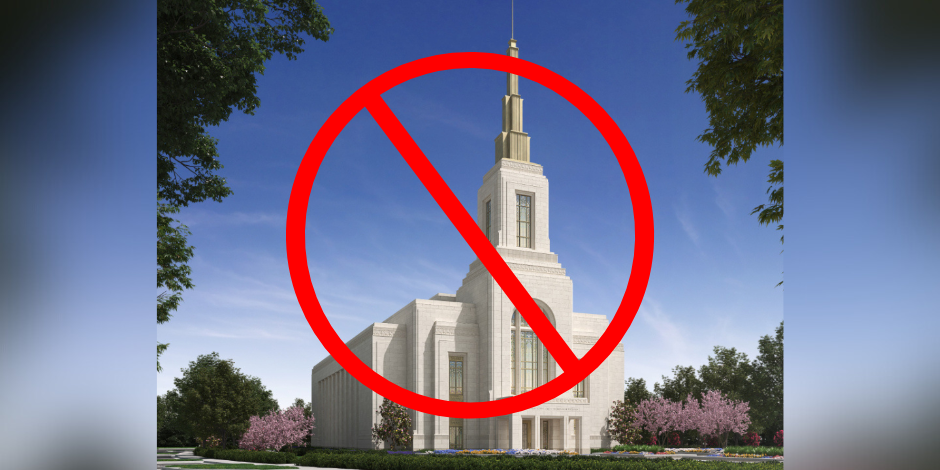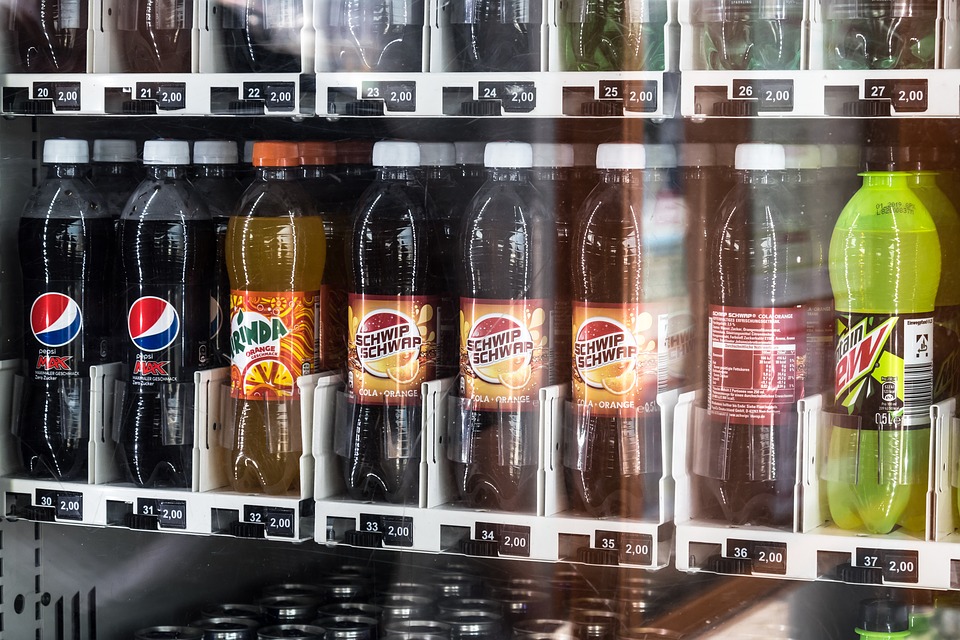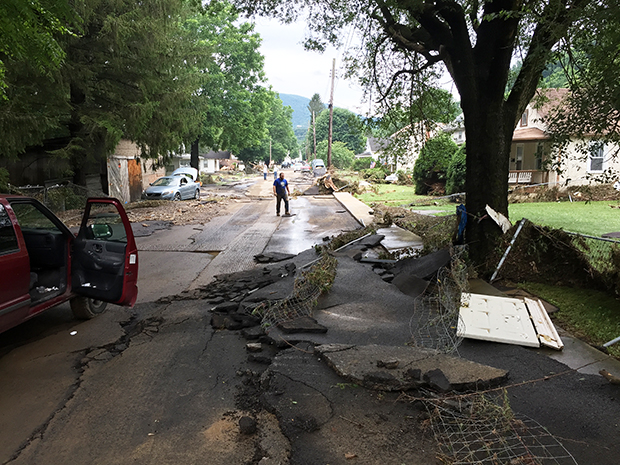FAIRVIEW, Texas — A simmering conflict in this small Collin County town has intensified after local officials took another step toward approving construction of a temple for the Church of Jesus Christ of Latter-day Saints, despite strong opposition from many residents.
The council this week endorsed a parcel map for the proposed 30,000-square-foot temple, clearing the way for the church to file a building permit. While the decision is largely procedural, it signals that the long-delayed project — first announced in 2022 by church president Russell M. Nelson — is edging closer to reality.
For nearly three years, the temple plan has divided this town of 11,000. Critics argue the structure, topped by a 120-foot spire, is far too imposing for a community where most buildings are capped at 35 feet. They warn it will bring traffic, tourists and unwanted changes to the town’s skyline, while possibly undercutting property values.
“Instead of being remembered as a place of peace and community,” said Mayor John Hubbard in a statement. It is instead “remembered as a place where rights were valued more than relationships, and where being a good neighbor was pushed aside.”
The church counters that a temple is essential to serve its nearly 400,000 members across Texas, noting that existing meetinghouses are insufficient for weddings and other sacred ordinances. Leaders in Salt Lake City and North Texas frame the issue as one of religious liberty, suggesting the town’s restrictions unfairly target their faith.
The dispute has already produced one lawsuit: a coalition of residents calling itself Fairview United has challenged the council’s April vote granting a building permit, accusing officials of cutting procedural corners. The case is now before a Collin County district court, with the Texas attorney general’s office also asked to weigh in.
The conflict traces back to the church’s original request to build a 65,000-square-foot complex with a 173-foot spire — a plan rejected in 2024 as incompatible with the town’s character. A year later, council members reluctantly approved a scaled-down version, with several admitting that the looming threat of litigation influenced their decision.
Former mayor Henry Lessner, a vocal opponent, insists the controversy is not about religion but about scale and location. “It’s about whether a massive structure like this belongs in a residential neighborhood,” he said.
For now, Fairview finds itself caught between competing visions: one rooted in the church’s global expansion, the other in a town’s desire to preserve its small-community identity. With court battles still pending, the temple remains as much a legal and cultural flashpoint as a religious one.
Latest posts by Moroni Channel News (see all)
- Church debunks viral abuse help line claims, cites contemporaneous records - February 7, 2026
- Church of Jesus Christ supports blind musicians in inspiring symphony concert in Thailand - February 6, 2026
- Joseph Smith Jr. was Lincoln before Lincoln, says Rev. Dr. Carter - February 2, 2026
- Animated Biblical musical David now streaming after successful theatrical run - February 2, 2026




